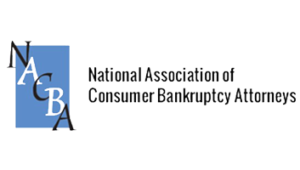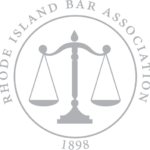There are three types of bankruptcy: 7, 11, 13. The bankruptcy process is a matter of Federal law, not state law, and is filed in the US Bankruptcy Court. The most common forms are Chapter 7 (liquidation) and Chapter 13 (repayment plans). In a Chapter 7 case, a debtor may be required to turn over certain types of property. The trustee would then sell the property and distribute the proceeds to the creditors. In most cases, however, a debtor’s property is usually exempt (protected) and nothing is surrendered. This type of case is considered a “no-asset” case and can be completed in approximately 90 days. With a Chapter 7 case, the debtor has no future obligations on the discharged debt. In a Chapter 13 bankruptcy, no property is surrendered. Instead, a 5 year repayment plan is used to help regular wage earners get current on delinquent debt. This form of bankruptcy is often used to prevent mortgage foreclosure or car repossession.
In Rhode Island, more than 90% of all bankruptcy cases filed are Chapter 7 cases. A typical Chapter 7 case takes 90 days to complete. One qualifies for a Chapter 7 case based on the property being protected and the gross household income earned in the prior 6 months. Sometimes a debtor’s income is temporarily too high to qualify for a Chapter 7 case. Attorney Buckley can advise if it makes sense to wait a few months in order to pass the “means test” in Rhode Island.





